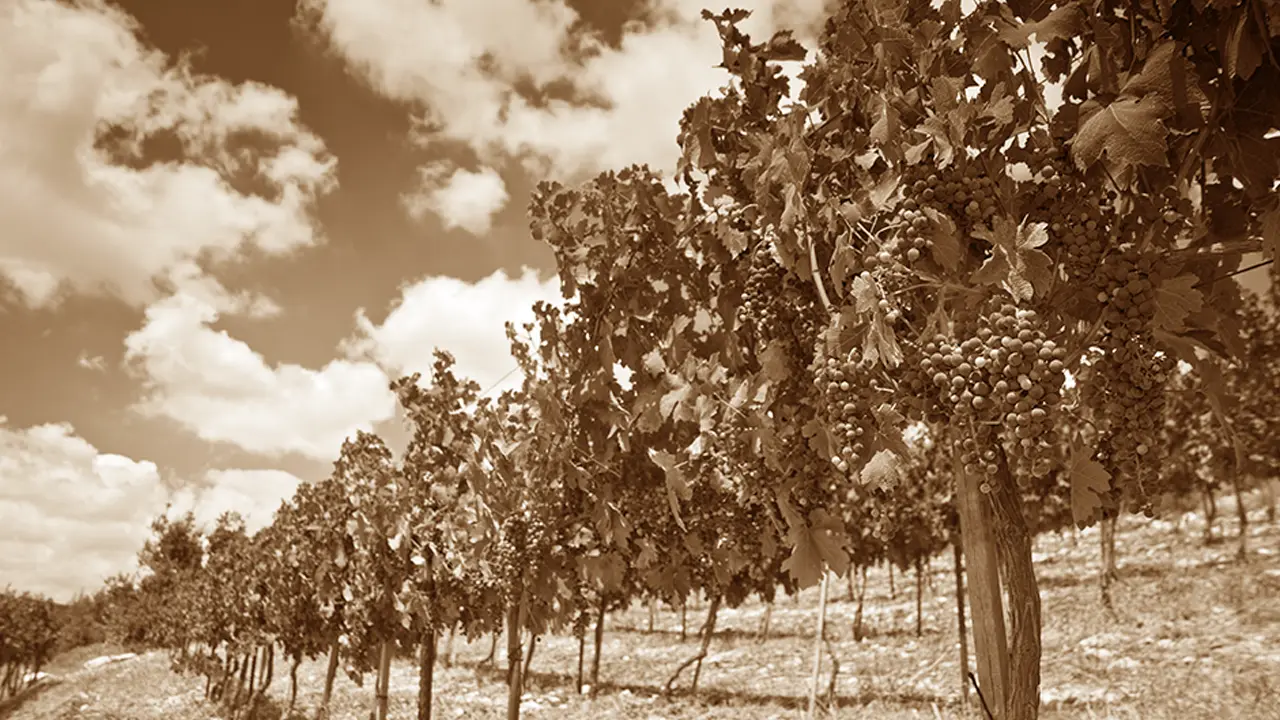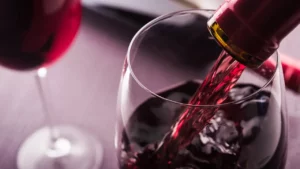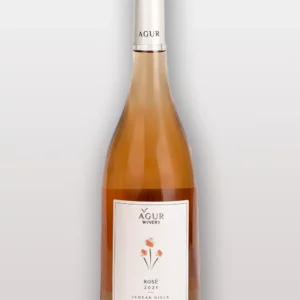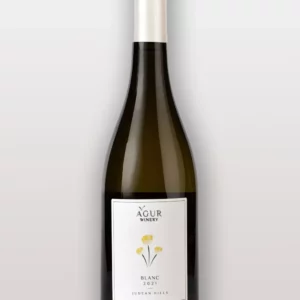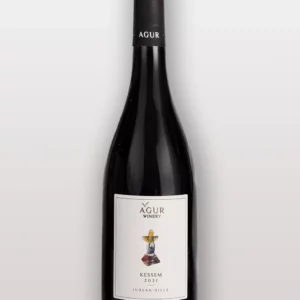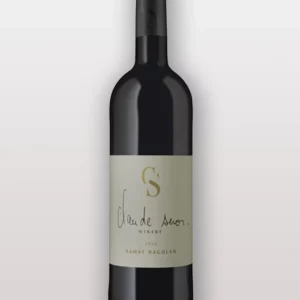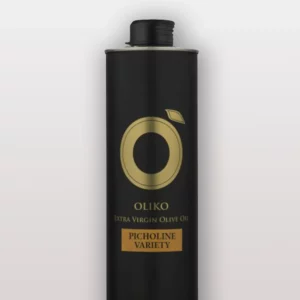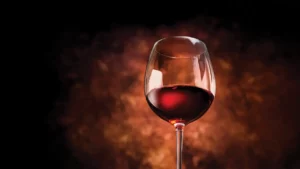
Cabernet Sauvignon: The Star of Israel’s Vineyards
Wine is an age-old tradition in Israel, dating back to biblical times, and today Israeli vineyards are booming. Of the many grape varieties grown in the country, Cabernet Sauvignon stands out as THE most widespread and prized. In this article, we look at the history of Cabernet Sauvignon in Israel, its distinctive characteristics, and its essential role in the country’s wine scene.

